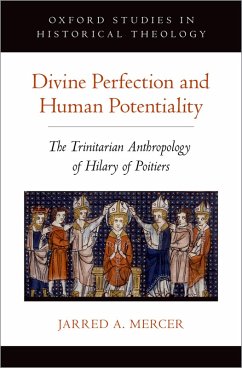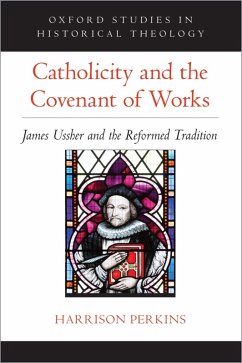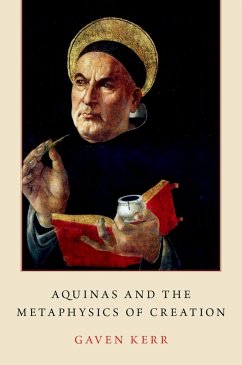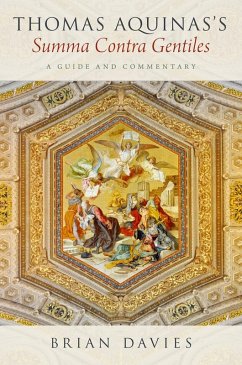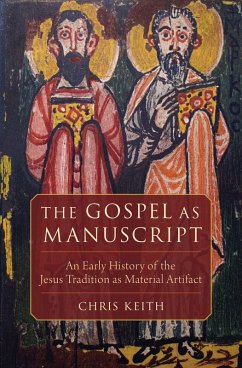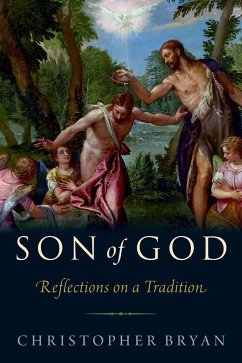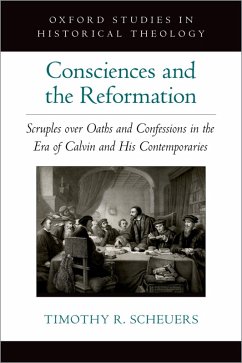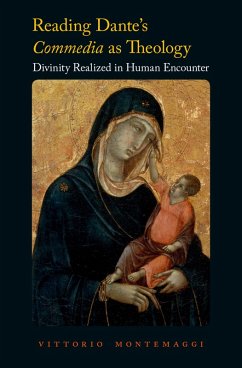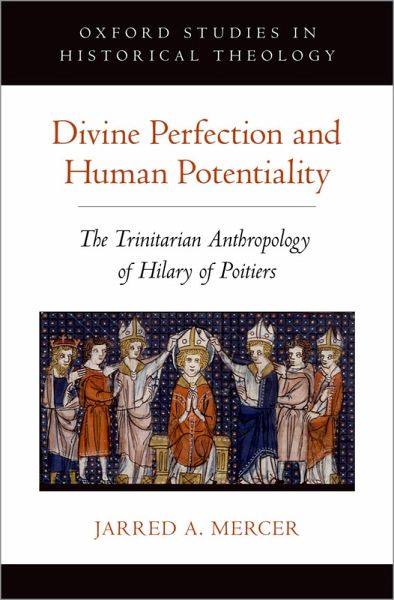
Divine Perfection and Human Potentiality (eBook, ePUB)
The Trinitarian Anthropology of Hilary of Poitiers
Versandkostenfrei!
Sofort per Download lieferbar
28,95 €
inkl. MwSt.
Weitere Ausgaben:

PAYBACK Punkte
14 °P sammeln!
The place of Hilary of Poitiers in the debates and developments of early Christianity is tenuous in contemporary scholarship. His invaluable historical position is unquestioned, but the coherence and significance of his own thought is less certain. In this book, Jarred A. Mercer makes a case for understanding Hilary not only as an important historical figure, but as a noteworthy and independent thinker. Divine Perfection and Human Potentiality offers a new paradigm for understanding Hilary's work De Trinitate. The book contends that in all of Hilary's polemical and constructive argumentation, ...
The place of Hilary of Poitiers in the debates and developments of early Christianity is tenuous in contemporary scholarship. His invaluable historical position is unquestioned, but the coherence and significance of his own thought is less certain. In this book, Jarred A. Mercer makes a case for understanding Hilary not only as an important historical figure, but as a noteworthy and independent thinker. Divine Perfection and Human Potentiality offers a new paradigm for understanding Hilary's work De Trinitate. The book contends that in all of Hilary's polemical and constructive argumentation, which is essentially trinitarian, he is inherently developing an anthropology. The work therefore reinterprets Hilary's overall theological project in terms of the continual, and for him necessary, anthropological corollary of trinitarian theology- to reframe it in terms of a "trinitarian anthropology." The coherence of Hilary's work depends upon this framework, and without it his thought continues to elude his readers. Mercer demonstrates this through following Hilary's main lines of trinitarian argument, out of which flow his anthropological vision. These trinitarian arguments unfold into a progressive picture of humanity from potentiality to perfection.
Dieser Download kann aus rechtlichen Gründen nur mit Rechnungsadresse in A, B, BG, CY, CZ, D, DK, EW, E, FIN, F, GR, HR, H, IRL, I, LT, L, LR, M, NL, PL, P, R, S, SLO, SK ausgeliefert werden.




